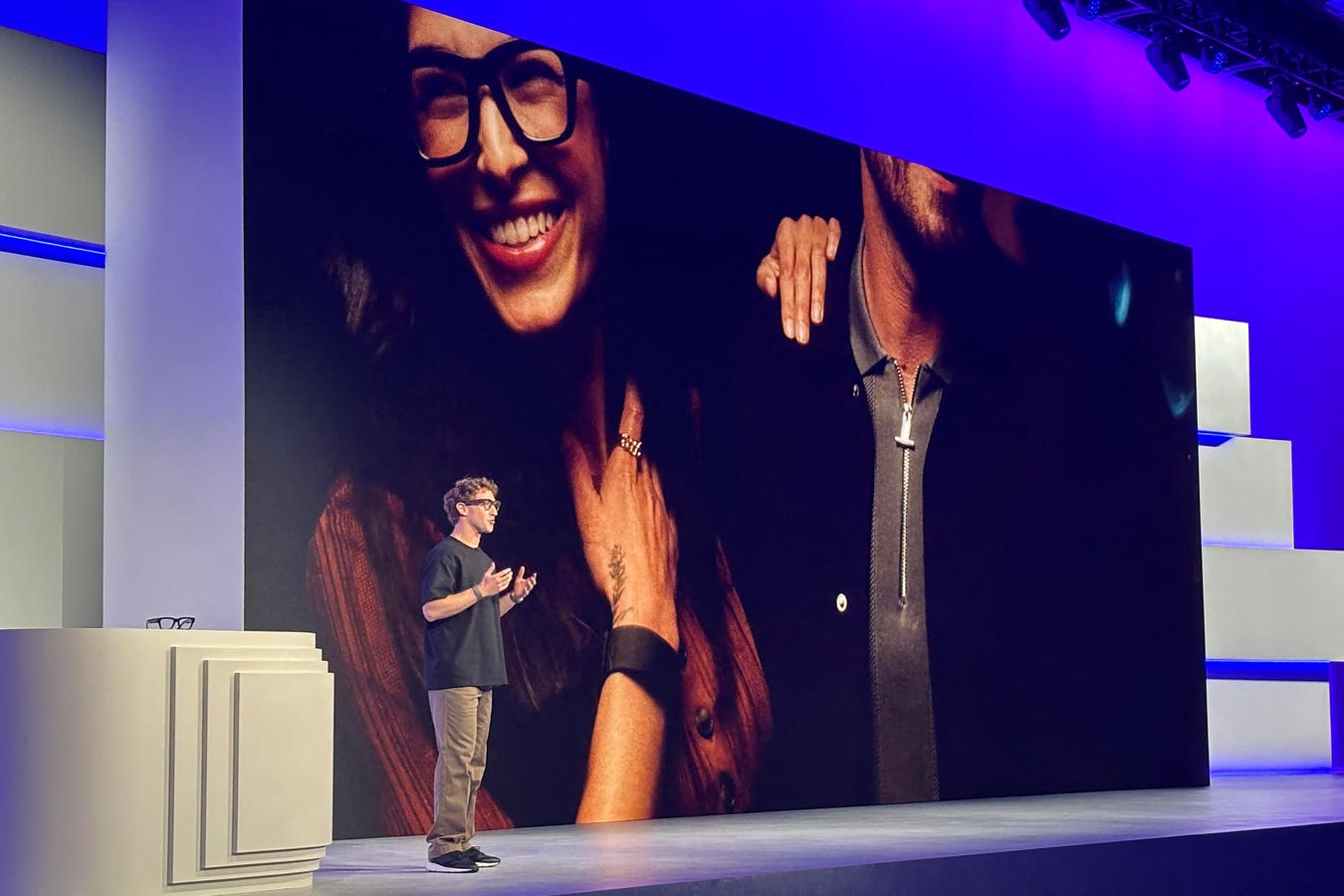SAN FRANCISCO, CA – NOVEMBER 03: Andreesen Horowitz partner Marc Andreesen speaks during the Fortune Global Forum on November 3, 2015 in San Francisco, California. Business leaders are attending the Fortune Global Forum that runs through November 4. (Photo by Justin Sullivan/Getty Images)
Getty Images
Tik Tok US To Be Sold To American Oligarchs Larry Ellison and Marc Andressen. In one of the more bizarre sideshows of the Trump era, Tik Tok’s fate has been decided, and not by Congress, which passed a law to shut down its access to the US. For kicks, let’s rewind and review the deal in the works, and how we got here. Congress passed and the Supreme Court upheld a law requiring TikTok’s Chinese owner, ByteDance, to divest TikTok or be banned. Donald Trump then delayed enforcement and pushed for a negotiated sale subject to Chinese government approval. The emerging deal hands roughly 80% of TikTok’s U.S. operations to a consortium led by Oracle, Silver Lake, and Andreessen Horowitz. Trump pals Larry Ellison and Marc Andreessen will be among its most powerful new owners. TikTok remains politically charged: a 2024 investigation by the Guardian found its algorithm highly sensitive, capable of steering even a new user down a hard-right rabbit hole. Critics say that until the deal is finalized and ByteDance’s stake is fully resolved, Beijing still retains leverage over a platform used by 170 million Americans.
Meta CEO Mark Zuckerberg speaks as he presents the new Meta Ray-Ban Display at the 2025 Meta Connect conference in Menlo Park, California, on September 17, 2025. (Photo by Benjamin LEGENDRE / AFP) (Photo by BENJAMIN LEGENDRE/AFP via Getty Images)
AFP via Getty Images
Meta unveiled its first AI glasses with a built-in display, the Meta Ray-Ban Display, paired with the Neural Band, a wrist-worn controller using surface EMG to let users silently type and interact with subtle finger movements. The monocular microdisplay delivers 42 pixels per degree and 5,000-nit brightness, bright enough for outdoor use, and disappears when not in use. The Neural Band runs 18 hours and is water-resistant. You get the whole shebang for $800. Zuck also introduced Oakley Meta Vanguard glasses for athletes, while Gen 2 Ray-Ban Meta glasses add 3K video and applications like wayfinding, cooking and translation. Live demos on stage had hiccups, including a failed video call and a stalled AI cooking assistant, which executives later blamed on Wi-Fi. Whatever the explanation, users should expect this kind of friction from a new device, even one that costs $800. Preliminary reviews of short demos at Meta Connect are mixed.
Nothing has raised $200 million in a Series C round at a $1.3 billion valuation, led by Tiger Global with Qualcomm Ventures and Indian investor Nikhil Kamath joining existing backers GV, EQT Ventures, and Highland Europe. Founded in 2020 by OnePlus co-founder Carl Pei, the London-based startup makes transparent-cased smartphones and earbuds featuring its Glyph Interface and has sold more than 7 million devices worldwide. The company was the fastest-growing smartphone brand in India last year, fueled by its Phone 2a and CMF budget line. Nothing plans an “AI-native” operating system and devices launching in 2026. Previous rounds include a $70 million Series B in 2022 and $96 million in 2023 from Highland Europe, GV, EQT, Latitude, and other global investors.
SANTA MONICA, CALIFORNIA – APRIL 19: Evan Spiegel, CEO of Snap Inc., speaks onstage during the Snap Partner Summit 2023 at Barker Hangar on April 19, 2023 in Santa Monica, California. (Photo by Joe Scarnici/Getty Images for Snap, Inc.)
Getty Images for Snap, Inc.
Snap CEO Evan Spiegel Bets The Company on Specs. Gulp. Snap is betting big on its Spectacles AR glasses, calling the upcoming Gen-6 “Specs” a pivotal product in what CEO Evan Spiegel describes as a “crucible moment” for the company. The new Specs, expected in 2026, promise to be smaller, lighter, with see-through optics and a built-in AI assistant. The current 5th gen Spectacles are dev-kit devices with 45-minute battery life; Snap OS 2.0 adds features like a browser overhaul, spatial anomaly UI, speech and text translation, and “Spatial Tips.” Spiegel frames Specs not as “phones in glasses” but as a new computing paradigm, “AI-first, contextual, shared.”As Snap gears up for public release, Specs are central to its future beyond smartphones. Oddsmakers taking bets DM me.
Nintendo is resurrecting the Virtual Boy as a Switch and Switch 2 accessory, launching February 17, 2026. Players can choose a $99.99 plastic replica or a $24.99 cardboard model, echoing Nintendo Labo. Fourteen classic games, including Mario’s Tennis, Teleroboxer, and Galactic Pinball, will roll out via Nintendo Switch Online + Expansion Pack, though not all at launch. The revival gives players a chance to experience Nintendo’s most infamous console flop, now with better hardware and comfort. It’s a nostalgia move and another sign that immersive experiences are creeping back into the mainstream through gaming rather than dedicated XR headsets.
Fantastic product introduction video for Hololuminescent™ Displays from Looking Glass, which makes 3D monitors used to create volumetric video, media and interactive experiences using standard tools, deploy content on existing video infrastructure and display it as 3D holograms on Looking Glass HLDs. This means 3D software pipelines are no longer required to create immersive visualizations. First adopters pay a premium price for a premium new technology product. Looking Glass’s Hololuminescent Displays will be available in Q4, and will start at $2000 for a 16” display. 27” and 86” displays will also be available.
A In this short, created by GenAI artist MetaPuppet, an agoraphobic man believes that the nine floors of his Brooklyn apartment building are the nine circles of Hell, and that the tenants are demons he must defeat to escape.
This column has a companion, The AI/XR Podcast, hosted by its author, Charlie Fink, and Ted Schilowitz, former studio executive and futurist recently at Paramount and Fox, and Rony Abovitz, founder of Magic Leap. This week’s guest is Tricia Biggio, CEO of Invisible Universe. We can be found on Spotify, iTunes, and YouTube.









